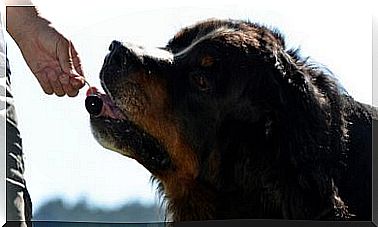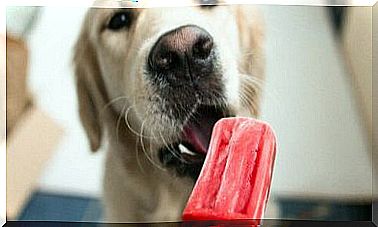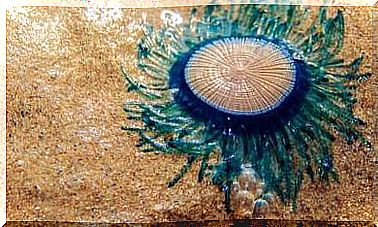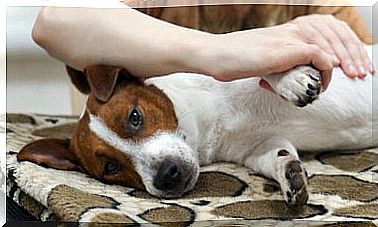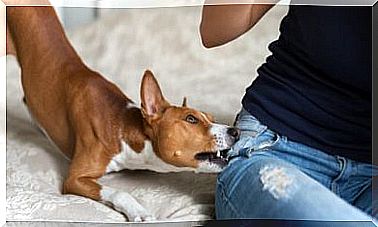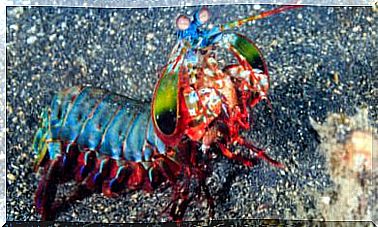How Is The Veterinary Examination For Your Pet?
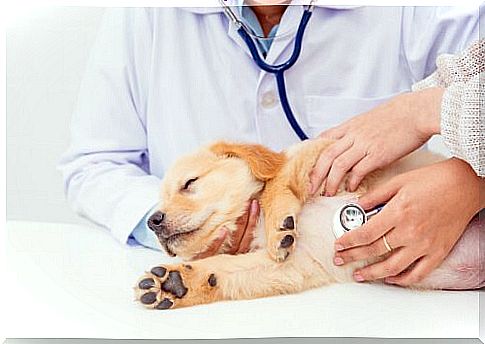
Just like humans, our pets need a healthy diet, exercise and regular examinations by the vet or doctor for their well-being .
From the age of a puppy to its last days, an annual veterinary check-up helps us to prevent or discover diseases.
An early diagnosis often means a simpler treatment, faster healing and less vet bills. This is why it is important that you make an appointment for a veterinarian check-up for your pets every year.
But what are these examinations like? What does the veterinarian do? Knowing what to expect from a vet visit will help both the animal and the caregiver prepare for the vet examination.
How is the examination at the vet and what does it do?
First, the vet thoroughly examines the fur nose from head to tail tip. He also examines the ear canal, teeth and paws. With a stethoscope he listens to the heartbeat and measures the respiratory rate.
The doctor then measures and weighs the animal and then feels the glands in the neck area, muscles and abdomen to look for bulges, signs of pain or inflammation. It also measures the animal’s temperature.
Then he tests the animal’s ability to pay attention and watches how it walks and sits down.
Finally, the expert checks whether the animal’s vaccination card is up to date. If signs or symptoms of an illness are found during the examination by the veterinarian, the corresponding blood and urine samples will be arranged.
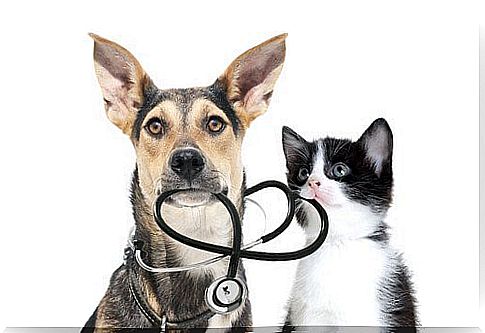
On certain occasions, it may also be necessary for the doctor to give your animal an X-ray, ultrasound, or EKG. During the examination, the vet also asks the caregiver specific questions about the pet.
He asks about bowel movements or strange behavior. Now is the time to share with him all of your doubts and concerns about the animal’s health.
How often is the veterinary examination necessary?
During the first year of life, the animal often has to see a doctor. The first appointment should be made a few days after the pet arrives.
The veterinarian examination for the puppy includes a complete medical check-up, which should also rule out genetic diseases.
The puppy also gets the first vaccinations and you make an appointment for the next.
As a preventive measure, the animal is dewormed and, if necessary, the doctor will take a stool sample. In addition, the caregiver receives advice on upbringing and nutrition, depending on the puppy’s developmental stage.
Even older animals must often to the vet. From the age of 10, the vet should be examined more often. This is due, among other things, to the fact that their defenses are no longer as strong, they are more susceptible and their vaccinations have to be renewed
If the animal comes from a shelter or pet store, it is advisable to have a thorough medical examination carried out. Since these fur noses were in contact with many conspecifics and other animals, you really want to rule out any disease from the start.
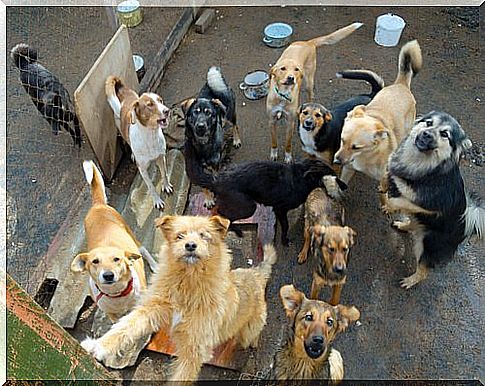
For adult animals that have already been vaccinated, it is recommended to visit the vet every year. If you notice urinary problems, signs of fatigue or indigestion, you should of course take the animal to an expert immediately.
How do I prepare my pet for the vet visit?
No pet likes going to the vet. Usually it makes her nervous. On the one hand, this is due to the fact that they are there outside of their familiar surroundings. On the other hand, there are various unknown objects there and that makes the animal insecure and fearful.
Going to the vet can be very stressful for both the animal and the caregiver. That is why we recommend a transport box, especially if it is a question of cats.
If the dog has to go to the vet, it should be kept on a leash. This allows you to control the animal and ensure that it does not try to escape from stress or attack other animals.
The reference person must remain calm so that this calmness radiates to the animal. Animals notice nervousness, which is why you need to keep a calm, steady voice. Continuous petting will also help calm the animal.
